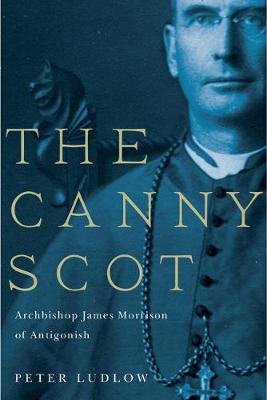McGill-Queen's Studies in the Hist of Re
1 total work
A paradoxical prelate to many, Archbishop James Morrison was the spiritual head of the Roman Catholic Diocese of Antigonish, Nova Scotia, from 1912 to 1950. Traditional, frugal, and aloof, he was also the ecclesiastical leader of a progressive program of Catholic social action that became known as the "Antigonish Movement." Elevated to bishop after a successful clerical career in Prince Edward Island, Morrison guided Catholics in eastern Nova Scotia through difficult periods of economic decline, out-migration, and war. He was unprepared for the challenges of twentieth-century Canadian society, and initially struggled to cope with a dwindling Maritime economy, labour unrest, and rural depopulation. Determined to maintain the stature of his diocese, Morrison cautiously supported the clergy reformers who wanted a program of adult education and economic reform. Peter Ludlow unravels the mystery of this figure to show that although Morrison was one of the last powerful and austere Canadian Roman Catholic prelates, he was also one of the first to recognize that the Church could offer its adherents more than spiritual guidance.
A revisionist account of the foundation and application of the Antigonish Movement, The Canny Scot illustrates the important role of the Catholic Church in Nova Scotia.
A revisionist account of the foundation and application of the Antigonish Movement, The Canny Scot illustrates the important role of the Catholic Church in Nova Scotia.
